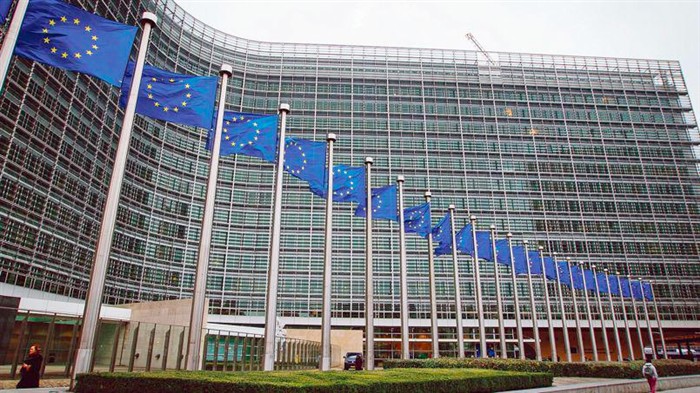EU Follows UK, Begins Deeper Probe Of Microsoft Activision Deal

Europe’s deeper investigation of Microsoft’s Activision purchase begins, months after UK began its phase 2 probe in September
The European Union competition watchdog has followed the path of its British counterpart, after it opened a full-scale investigation on Tuesday into Microsoft.
The European Commission announced on Tuesday that it had opened an “in-depth investigation to assess the proposed acquisition of Activision Blizzard by Microsoft under the EU Merger Regulation.”
It comes after Microsoft in January 2022 said it would acquire Activision Blizzard for $68.7 billion.

European probe
At the time Redmond said that the deal would accelerate the growth in Microsoft’s gaming business across mobile, PC, console and cloud, and would provide building blocks for the metaverse.
But the deal provoked regulatory concerns around the world, and besides the UK, it will also require approval in the United States as well as other major jurisdictions including the European Union and China.
The European Commission said this week it is concerned that the proposed acquisition may reduce competition in the markets for the distribution of console and personal computers (‘PCs’) video games and for PC operating systems.
“The Commission’s preliminary investigation shows that the transaction may significantly reduce competition on the markets for the distribution of console and PC video games, including multi-game subscription services and/or cloud game streaming services, and for PC operating systems,” it said.
“In particular, the Commission is concerned that, by acquiring Activision Blizzard, Microsoft may foreclose access to Activision Blizzard’s console and PC video games, especially to high-profile and highly successful games (so-called ‘AAA’ games) such as ‘Call of Duty’,” it added.
The EC preliminary investigation suggested that Microsoft may have the ability, as well as a potential economic incentive, to engage in foreclosure strategies, such as preventing companies from distributing Activision Blizzard’s console video games on consoles or degrading the terms and conditions for their use of or access to these video games.
When it comes to multi-game subscription services and/or cloud game streaming services in particular, the Commission is also concerned that Microsoft may foreclose access, to the detriment of its rival distributors.
Finally, at this stage of the investigation, the Commission has concerns that the proposed acquisition may reduce competition on the market for PC operating systems.
In particular, the Commission is concerned that Microsoft may reduce the ability of rival providers of PC operating systems to compete with Microsoft’s operating system Windows, by combining Activision Blizzard’s games and Microsoft’s distribution of games via cloud game streaming to Windows. This would discourage users to buy non-Windows PCs.
The Commission now has 90 working days, until 23 March 2023, to take a decision.
Earlier this month Microsoft offered no concessions or remedies to EU antitrust regulators reviewing the acquisition.
Competition concerns
Microsoft of course already has a huge foothold in the gaming sector since 2001, thanks to its Xbox console and gaming brand.
The acquisition will give Microsoft access to an expansive library of classic games that spans the Playstation, Xbox and PC platforms.
Click to read Silicon UK’s Tales in Tech History piece about Microsoft’s gaming adventure.
These games include Call Of Duty, World of Warcraft, Diablo, Candy Crush, and of course Starcraft.
Playstation owner Sony is not at all happy at the prospect that such big name titles would fall under the control of its main gaming platform rival.
British probe
These concerns have not gone unnoticed by competition regulators around the world, with the UK being one of the first to begin investigating the deal.
In July the UK’s CMA said it would begin Phase 1 investigation over whether the deal would reduce competition in the UK.
After the Phase 1 investigation revealed regulatory concerns, the CMA said in September it would begin a deeper Phase 2 investigation.
However the UK regulator gave Microsoft until 8 September to submit proposals to address the CMA’s concerns.
Microsoft responded to the CMA deadline, but like the EU, offered no concessions or remedial undertakings to the British competition regulator.